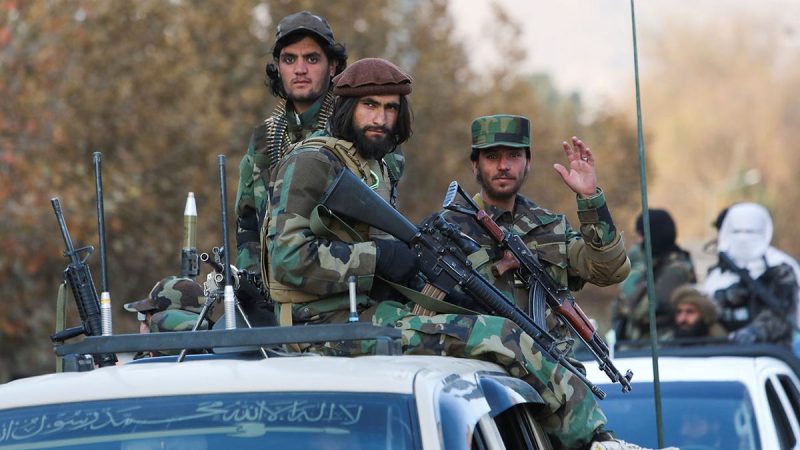The US military has long been at the forefront of technological advancements in warfare, and the use of artificial intelligence (AI) is no exception. In recent years, the US has employed AI to support its efforts in countering the Taliban in Afghanistan, particularly during the drawdown of troops in the region.
One significant way in which AI has been utilized is through the analysis of data collected from various sources, including drones, satellites, and other surveillance platforms. This data is processed using AI algorithms to identify patterns, trends, and potential threats, enabling military commanders to make more informed decisions in real time.
Furthermore, AI has been instrumental in enhancing the capabilities of existing military assets, such as unmanned aerial vehicles (UAVs) and ground-based systems. By integrating AI technology into these platforms, the US military has been able to improve the accuracy and effectiveness of its targeting operations, minimizing collateral damage and civilian casualties.
Moreover, AI has played a crucial role in augmenting intelligence gathering and analysis efforts, enabling military personnel to sift through vast amounts of information quickly and efficiently. This has been particularly valuable in identifying high-value targets, disrupting enemy operations, and safeguarding US troops and allied forces.
The use of AI in the fight against the Taliban has not been without its challenges, however. Critics have raised concerns about the ethical implications of using AI in warfare, particularly in regards to decision-making processes and the potential for autonomous weapons systems to be deployed in combat zones.
Despite these concerns, the US military remains committed to leveraging AI technologies to enhance its operational capabilities and maintain its competitive edge on the battlefield. As advancements in AI continue to evolve, it is evident that the integration of these technologies will play an increasingly prominent role in shaping the future of modern warfare against non-state actors like the Taliban.

